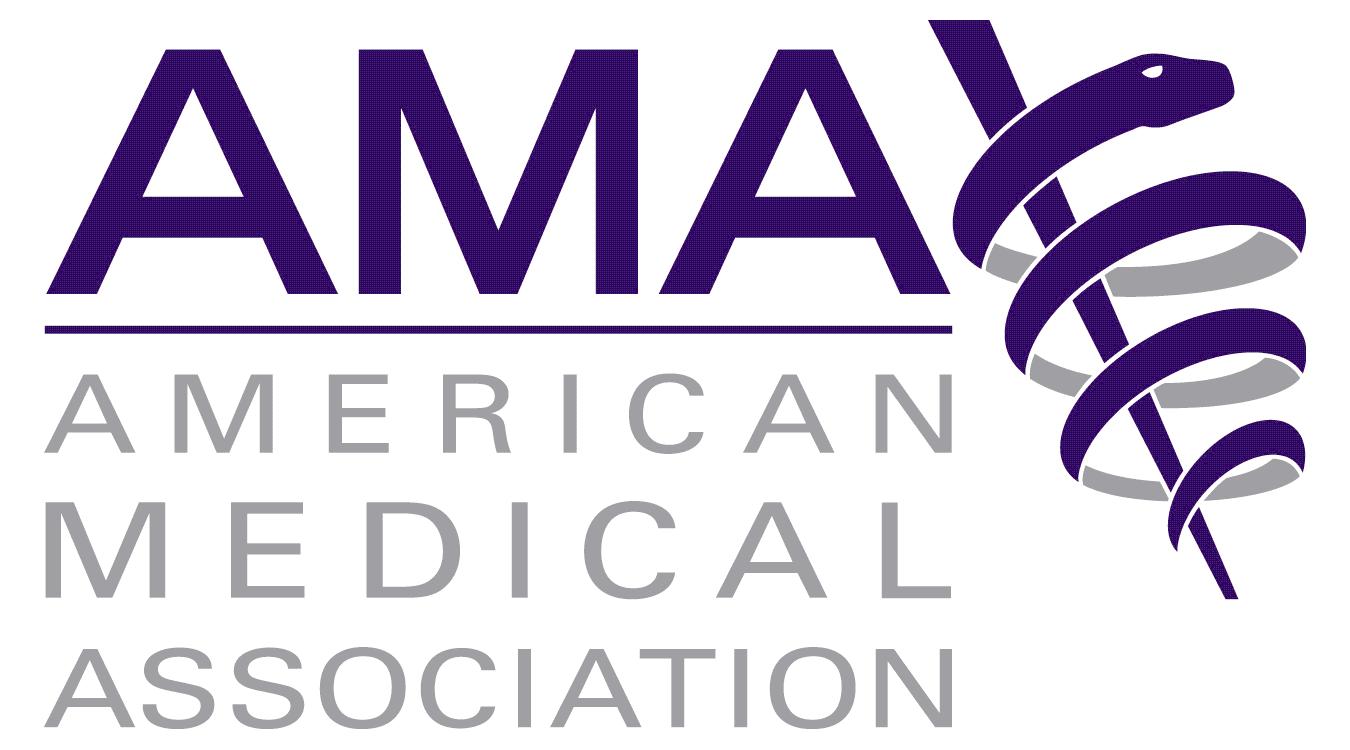You are looking at an archived version of our site. Please visit thepcc.org for a fresh, new experience!
You are here: Array » Health technology and ...
Health technology and patient-centered principles shown to improve care
Researchers at the Johns Hopkins University Evidence-Based Practice Center reviewed 327 published articles examining results of health IT tools used in implementing patient-centered care. The studies looked at health outcomes for patients with a range of health conditions, including diabetes, heart disease, depression and cancer. The review was limited to research published in 1998 or later.
“Substantial evidence exists confirming that health IT applications with patient-centered care-related components have a positive effect on health care outcomes,” researchers wrote in a report published June 14 by the Agency for Healthcare Research and Quality.
The reviewers were working under a definition of patient-centered care determined by the Institute of Medicine: “care that is respectful of and responsive to individual patient preferences, needs and values and ensuring that patient values guide all clinical decisions.” They looked for research involving specific elements of patient-centered care, including coordination and integration of care, whole-person orientation, enhanced clinician-patient relationship, clinical information systems and socio-cultural competence.

Recent News
August 16, 2024
August 12, 2024
July 16, 2024
May webinar highlights: “The Commercial Market: Alternative Payment Models for Primary Care” Nate Murray explains w… https://t.co/KX9Wi2w6oY —
2 years 8 months ago
@CMSinnovates’ primary care strategy is rooted in a 2021 @theNASEM’s report which called #primarycare “foundational… https://t.co/glbPxvCysg —
2 years 8 months ago
@CMSinnovates has a new #primarycare strategy, envisioning “ACO-based primary care model tests that may focus on pr… https://t.co/aJGF1z411l —
2 years 8 months ago
- Page 1
- ››
Secondary menu
Copyright © 2024 Primary Care Collaborative



